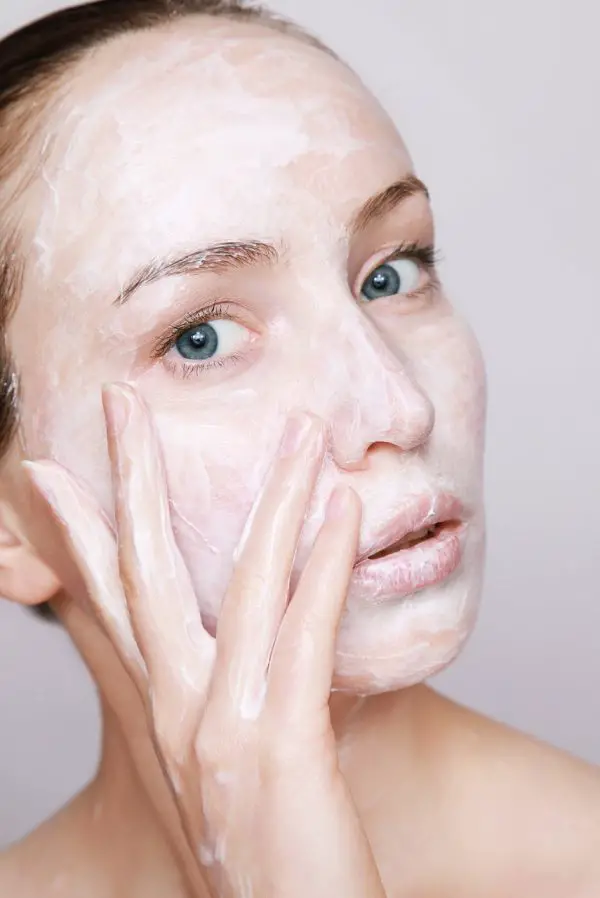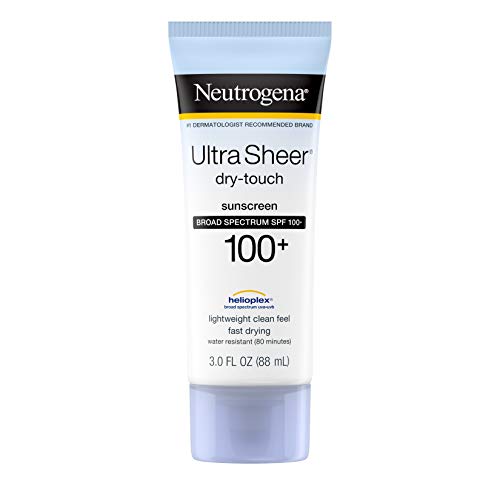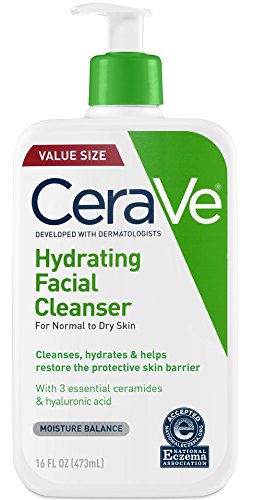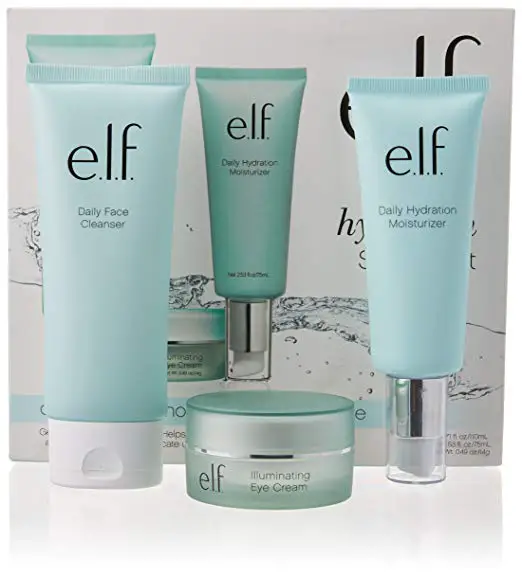The face is the most exposed body part. So, it gets hit first by contaminants and harmful ultra-violet rays, especially during the winter.

During winter, your skin tends to become dry and dull because of the drastic drop in temperature. So to help you get a healthy and glowing face skin during the coldest period of the year, we have researched and put together this article to give you a comprehensive answer.
Table of Contents
How to Take Care of Face Skin in Winter – 5 Natural Ways
The following are some natural ways to help you keep your face skin healthy and refreshed throughout the winter:
- Adequate hydration
- Munching on vegetables
- Consuming Omega-3 fats
- Steering clear of chemical soaps
- Avoiding hot water baths
Let us go on and discuss each in details
Adequate Hydration
How does adequate hydration improve face skin in winter and how do you hydrate the skin adequately?
Adequate hydration helps with face skin in winter by adding much-needed moisture to otherwise dry skin. The cold of winter tends to suck moisture out of the skin. So there is a constant need to replenish lost moisture during winter. This will keep the skin from looking dull and dry.
Use moisturizers regularly during winter. But more than that, drink lots of water. Take at least 8 glasses of water from the hours of 08:00 am to 08:00 pm every day. To help you remember, this is known as the 8-to-8 rule. Also, note that you have to carry out this routine whether or not you are thirsty.
Munching on Vegetables
Here is how vegetables help face skin in winter:
Vegetables like carrots, pumpkin, potatoes and cucumber are packed with a great deal of water. Consuming them regularly in winter improves the moisture content of the skin, eliminating the chances of dry or dull skin.
Carrots contain beta-carotene, which is an ingredient that has been proven by researchers to improve skin health and prevent cancer.
In light of the above, ensure your daily diets contain 5 to 15 milligrams of beta-carotene.
Consuming Omega-3 Fats
Do Omega-3 Fats help with hydrating the skin during winter?
Omega-3 fats help with hydrating skin during winter. The healthy fats help with the regulation of the production of oil. And when oil is produced properly in the skin, dryness does not occur.
Since they do not occur naturally in the human body, you can get them only through foods like salmon, oysters and walnuts. You can also get them through supplements. Consume them at least twice a week to have th right amount in your body.
Medical experts say that they improve health generally.
Steering Clear of Chemical Soaps
How does steering clear of chemical soaps help face skin in winter?
Chemical soaps are usually packed with ingredients that are harmful to not just your skin, but also to your body. These chemicals tend to strip the skin of essential natural oils and the protective barrier, leaving it susceptible to the weather. That way, the skin has no protection from the cold of winter.
To take good care of your skin during winter, try as much as you can to avoid using soaps made with questionable chemicals.
Soaps marketed as antibacterial, fragrance-filled and alcohol-based should be a no-no for you. Instead, opt for organic, fragrance-free and non-comedogenic soaps.
Avoiding Hot Water Baths
Here is why avoiding hot baths helps the skin during winter:
A mixture of hot water and soap decreases the natural oil content of your skin, making it dry out very quickly.
If you notice that your facial skin is always itchy and red after a bath, it is a clear sign that hot water is taking its toll on your skin.
We understand that the urge to take only hot water baths is overwhelming during winter. But try decreasing the number of hot water baths you take.
[amalinkspro type=”showcase” asin=”B007DGRT3K” apilink=”https://www.amazon.com/dp/B007DGRT3K?tag=skincareguide-20&linkCode=osi&th=1&psc=1″ new-window=”true” addtocart=”true” nofollow=”true” sc-id=”4″ imgs=”LargeImage” link-imgs=”false” specs=”~~~~~~~~~Fragrance present~~~Paraben-free~~~Made in the United States~~~Made with natural shea butter~~~” btn-color=”#ff9900″ btn-text=”Buy on Amazon” alignment=”aligncenter” hide-prime=”1″ hide-image=”0″ hide-reviews=”0″ hide-price=”1″ hide-button=”0″ width=”750″]Tree Hut Ultra Hydrating and Exfoliating Scrub[/amalinkspro]
How to Take Care of Face Skin in Winter – The Place of Exfoliators
Does exfoliation help the facial skin during winter?
Exfoliation helps the facial skin during winter. Humidity levels drastically drop during winter. Hence, your skin tends to dry out rapidly.
But when you exfoliate, you get rid of flaky and dead skin cells, so fresh ones can regenerate without obstruction. This will help with blood circulation, which keeps the skin supple and hydrated.
Exfoliation is one of the best ways to replenish your skin. In line with this, doctors recommend that you exfoliate at least twice a week in the winter.
Video: Exfoliation Tips During Winter
This video gives you great tips on how to exfoliate your face skin in the winter. Check it out…
Check out these interesting skincare product reviews/articles:
Clean & Clear Blackhead Eraser Facial Scrub – Extensive Review
Bioré Charcoal Acne Scrub – Honest Review
Humane Acne Treatment Face and Body Wash – Honest Review
Neutrogena Naturals Purifying Daily Facial Cleanser – Detailed Review
Clearasil Gentle Prevention Daily Clean Wash – Detailed Review
How to Prevent Loose Skin after Gastric Bypass – In-depth Answer
How to Take Care of Face Skin in Winter – Go for Moisturizers and Sunscreens
It’s very important that you moisturize your skin after taking a bath during winter. Immediately you leave the shower, apply a little moisturizing lotion on your face while your skin is not yet dry.
As a tip, if you are in a location where the winter is extreme, go for moisturizers formulated with shea butter. But if the winter is not extreme in your area, you can settle for light moisturizers that aren’t very sticky.
Another skincare product to consider for your skin during the winter is sunscreen. If you live in a tropical environment, then you are totally open to UV rays even in the winter.
So ensure that you abundantly apply sunscreen on your face at least 10 minutes before you step out of your house.
[amalinkspro type=”cta-btn-css” ctabtn-id=”1″ asin=”B002JAYMEE” apilink=”https://www.amazon.com/dp/B002JAYMEE?tag=skincareguide-20&linkCode=osi&th=1&psc=1″ addtocart=”false” new-window=”true” nofollow=”true” alignment=”alignright”]Buy on Amazon[/amalinkspro]
How to Take Care of Face Skin in Winter – Conclusion
Applying any of the steps or methods above will help you take care of your face skin during winter. But remember that you have to be consistent with whatever method you choose.
How to Take Care of Face Skin in Winter – Frequently Asked Questions
What Should I Apply on My Face in Winter?
Apply moisturizers, whether water-based or oil-based, on your face during winter. Don’t forget to use sunscreen, even though there is no sun during winter. The reason is that the UV rays never stop penetrating. Once it is daylight, the rays are there and are sometimes harsher during winter.
In addition to the above, you can use some natural mixtures to protect the face. Combine milk and banana, milk and honey, aloe vera and sesame oil, olive oil and coconut oil.
How Can I Moisturize My Face in Winter?
To moisturize your face in winter, you can use store-bought moisturizers that have natural oil like coconut or shea butter. You can also use water-based creams for the same purpose.
To go the natural way to moisturize your face in winter, go for:
- Aloe vera
- Papaya
- Olive oil
- Honey
- Almond oil
- Yoghurt
- Coconut oil
These natural ingredients are superb moisturizers and have no side effects. They can replenish lost moisture and restore the broken skin barrier. They can also help lock needed moisture within the skin.
How Can I Make My Face Glow in Winter?
To make your face glow in winter, do the following:
- Use oils
- Use humidifiers
- Use hydration masks
- Use sunscreen
- Use hyaluronic acid
Natural oils keep the skin from drying by adding lubrication.
During winter, humidity drops, making the air dry. A humidifier will put moisture back into the air in your room or home.
Hydration masks will do everything a mask will do for the skin but can stay on the skin all night. For that length of time, they deeply hydrate the skin.#
Sunscreen will keep the skin from encountering the harmful ultraviolet rays that cause dryness.
Hyaluronic acid stores water in the skin so it does not dry out.
Is Coconut Oil Good for Face in Winter?
Coconut oil is good for your face in winter. Coconut oil can act as an exfoliant and exfoliation during winter helps the skin. It removes dead cells of the skin to make way for new ones.
Newer skin cells mean better-looking skin and a chance for other skincare products to work. Plus exfoliation encourages the proper circulation of blood in order to spread nutrients and oxygen.
Additionally, coconut oil will stop the skin from drying out during winter by keeping the skin hydrated.
Will Coconut Oil Darken Skin?
Coconut oil will not darken your skin. If anything, it will help maintain your skin tone and moisturize it. The oil also has the ability to treat spots on the skin.
In addition to the above, coconut oil acts as a sunscreen. While it does not have a high sun protection factor (SPF), it will act as a mild sunscreen if you would rather go the natural way for sun protection. Coconut oil has many health benefits but it does not darken the skin.
Does Cold Weather Make Your Skin Dark?
Cold weather makes the skin dark. Winter, especially, darkens the skin. This is because the production of the natural oil of the skin called sebum is reduced. Why? The pores of the skin shrink because of the cold. The shrinking prevents them from releasing the oil needed to moisturize the skin.
Sebum makes the skin have a light and fair look but when it is not there, the skin looks dark and dull. Hence, you see darkened skin in cold weather.


